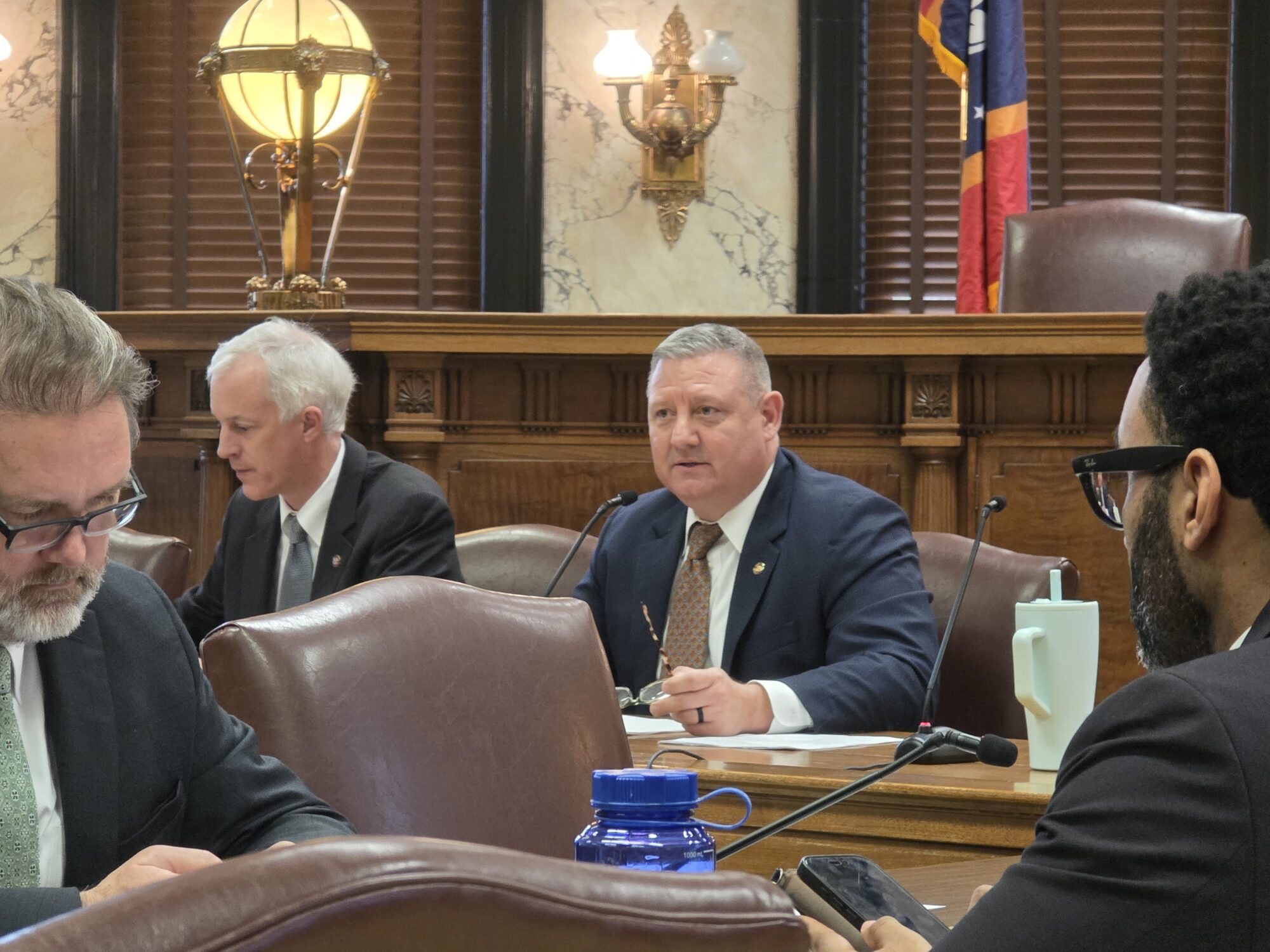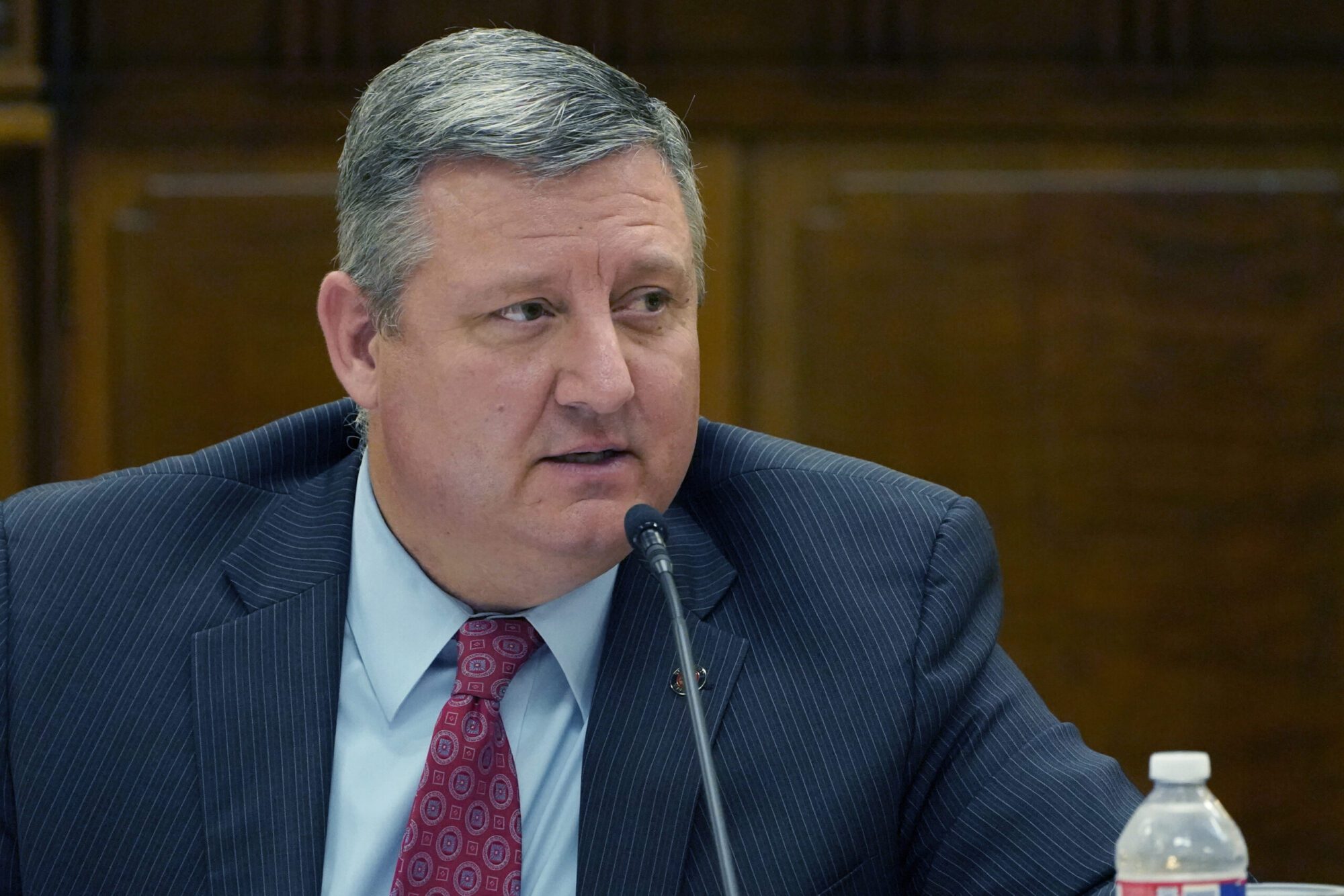
One of the mostly highly anticipated topics of conversation for the 2018 Legislative session, Medicaid Reauthorization, will soon be addressed as bills begin to drop in the House and Senate.
One of those bills, authored by Senator Brice Wiggins, SB 2836, worked closely with the Medicaid advisory Committee to decide on productive changes.
“The time is now for review, debate and find compromises on the Medicaid bills filed – by myself and others. The coming weeks will bring open hearings to debate of the merits of each . At the end of the day, we collectively must find a solution that 1) reduces costs, and 2) improves healthcare outcomes for our citizens.”
Wiggins is calling his bill the “Chairman’s Bill” and it takes all of the recommendations from the advisory committee and puts them together. The importance of this committee is that it isn’t just legislators who are involved in the decision making process, these committee members are individuals who are directly invested in the issues facing Medicaid in Mississippi.
Wiggins believes this puts lawmakers in line with what he believes is the overarching aspect of what they are trying to do, improve health outcomes while addressing continued rising costs.
“Medicaid reauthorization is not an issue the Mississippi Legislature can shy away from this year. Without action, and I mean, positive action, the future healthcare of over 750,000 Mississippians lies in the balance. The simple solution would be to reauthorize what we have currently been doing and find $47 million in a very tight budget year to fund the shortfall. This is not an acceptable solution,” said Wiggins.
According to the bill authored by Wiggins it will:
- Allows more doctor visits, more prescriptions and consistent pre-authorizations for faster access to care – recommendations from the Medical Care Advisory Committee
- Addresses concerns regarding provider / hospital reimbursements – recommendations from the Mississippi Hospital Association
- Maintains optional services to the Medicaid population, plus additional services to address opioid crisis
- Allows services to those in prisons and incarcerated population
- Brings current certain reimbursement models reflecting anticipated federal changes (e.g., dentists)
- Releases current constraints on managed care companies thus allowing them more flexibility to provide services and negotiate and address costs
- Increases accountability between both the Department of Medicaid (DOM) and managed care companies through additional and focused audits and PEER examination requiring reports to the Legislatur
- Creates Office of Inspector General to investigate and prosecute civil Medicaid fraud and refer criminal claims
- Does not provide for mandating MS True
- Provides a three year repealer for the Legislature to review
“There is a spirit of cooperation among the committee, hospital association, and providers.There is a general consensus on the majority of issues. Everyone is trying to address them all and work together to find a good solution,” said Wiggins.
With funding being a primary concern Senator Wiggins has also proposed a Tobacco Tax bill. It is a separate bill that would increase the tobacco cost with revenue going to Medicaid, since smoking is a leading contributor to increased Medicaid costs.
While there are always hesitations on an increased tax, Wiggins said this isn’t about the revenue, but the health benefits.
“If it was only about the revenue you would never see that bill from me. But it’s about the health problems smoking can cause and when people aren’t smoking it improves health. The money isn’t going to the general fund, it’s going to the Medicaid program. My concern is with the escalating costs of Medicaid and this is something we can do to help control that,” said Wiggins.
The Medicaid Advisory Committee was also in support of this bill.
- Supported by coalition of healthcare professionals and nonprofits representing citizens across income levels
- Levies a $1.50 increase per pack that is scientifically proven to reduce purchases and smoking
- Proceeds will go to reducing any Medicaid deficit and to fund tobacco cessation programs targeted to the Medicaid population
- Projected to save $5 million annually to the Medicaid program
“We are taking care of 750,000 Mississippians, 1/3 of the population. Republicans often get beat up about not taking care of the people, but no one is here saying “lets get rid of the program,’ We are doing the job of governing,” said Wiggins.











